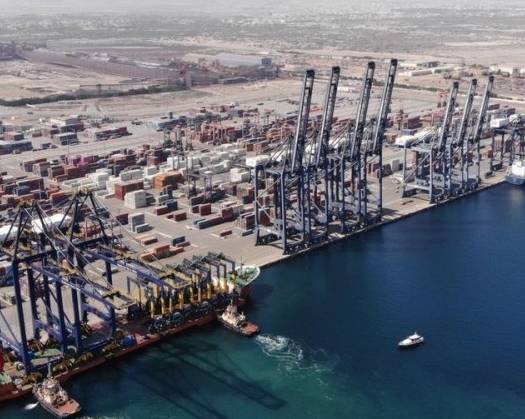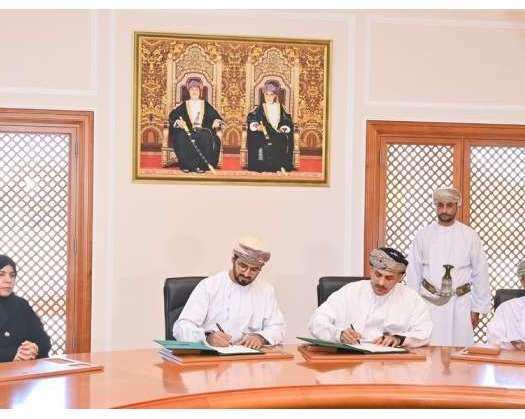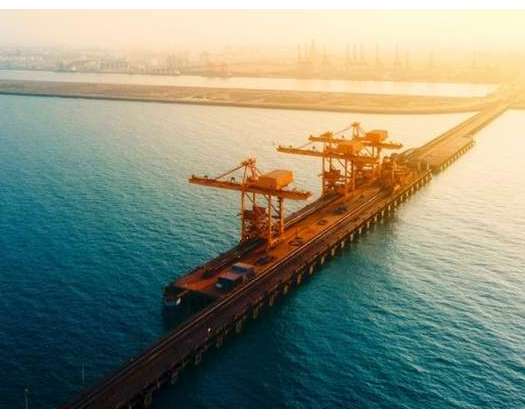The economy of Oman is steadily progressing, underpinned by robust reforms under the framework of Oman Vision 2040, as highlighted by the International Monetary Fund (IMF). In its concluding remarks following the 2024 Article IV consultation, which took place in Muscat from October 30 to November 13, the IMF commended Oman for its advancements in economic diversification, fiscal management, and social reforms.
César Serra, leading the IMF team, noted that Oman's economic growth reached 1.2% in 2023, increasing to 1.9% year-on-year during the first half of 2024. Despite the impact of oil production reductions mandated by OPEC+ agreements on hydrocarbon revenues, the non-hydrocarbon sector experienced significant growth, with figures of 1.8% in 2023 and 3.8% in the first half of 2024, attributed to sectors such as construction, manufacturing, and services.
Inflation remained relatively low, averaging 0.6% from January to September 2024, in contrast to 0.9% in the previous year. The country also maintained fiscal and current account surpluses, alongside a notable decrease in public sector debt. These developments have contributed to Oman's recent elevation to investment-grade status by major credit rating agencies.
The IMF underscored the critical need to sustain reform efforts to ensure fiscal sustainability and further diversification of the economy. Oman has made significant progress in enhancing its social safety nets and implementing a new social protection law. Labour market reforms are in progress, aimed at increasing flexibility and empowering Small and Medium-sized Enterprises (SMEs).
Furthermore, the IMF acknowledged advancements in the reform of state-owned enterprises (SOEs) through the Oman Investment Authority, improvements in the business environment, and the attraction of substantial investments. The country's significant progress in renewable energy projects and digital transformation further supports its diversification strategy.
Despite these favorable economic prospects, the IMF cautioned against potential risks, including oil price volatility, global economic slowdowns, and geopolitical tensions, which could impact the economic outlook.
FISCAL AND MONETARY REFORMS PROGRESS
Effective fiscal stewardship continues to be a fundamental pillar of Oman's reform agenda. The International Monetary Fund (IMF) has observed that, despite an anticipated increase in energy subsidies and social transfers, the nonhydrocarbon primary deficit as a percentage of nonhydrocarbon GDP is expected to remain consistent in 2024.
The sustained efforts to augment nonhydrocarbon income, reform tax structures, and eliminate untargeted subsidies are essential for the allocation of resources towards investments aimed at diversification. The strengthening of fiscal institutions and the implementation of a medium-term fiscal strategy are identified as key objectives to enhance the fiscal integrity of the country.
In the realm of monetary policy, Oman's commitment to maintaining an exchange rate peg is viewed as a reliable policy framework. The banking sector has shown resilience, with improvements observed in profitability, capital adequacy, and liquidity, returning to levels seen before the pandemic. The IMF has encouraged the further development of financial markets and the adoption of digital technologies to support the growth of the private sector.
OMAN VISION 2040: A FOCUS
The IMF has lauded Oman's dedication to achieving its Vision 2040 goals, which include the expansion of renewable energy, the reduction of electricity generation costs, and the development of the green hydrogen economy. The digital transformation strategy is also making progress, laying a robust foundation for sustainable long-term development.
The IMF extends its appreciation to the Omani authorities for their collaboration and hospitality, recognizing their proactive approach to strengthening economic resilience and diversification.












